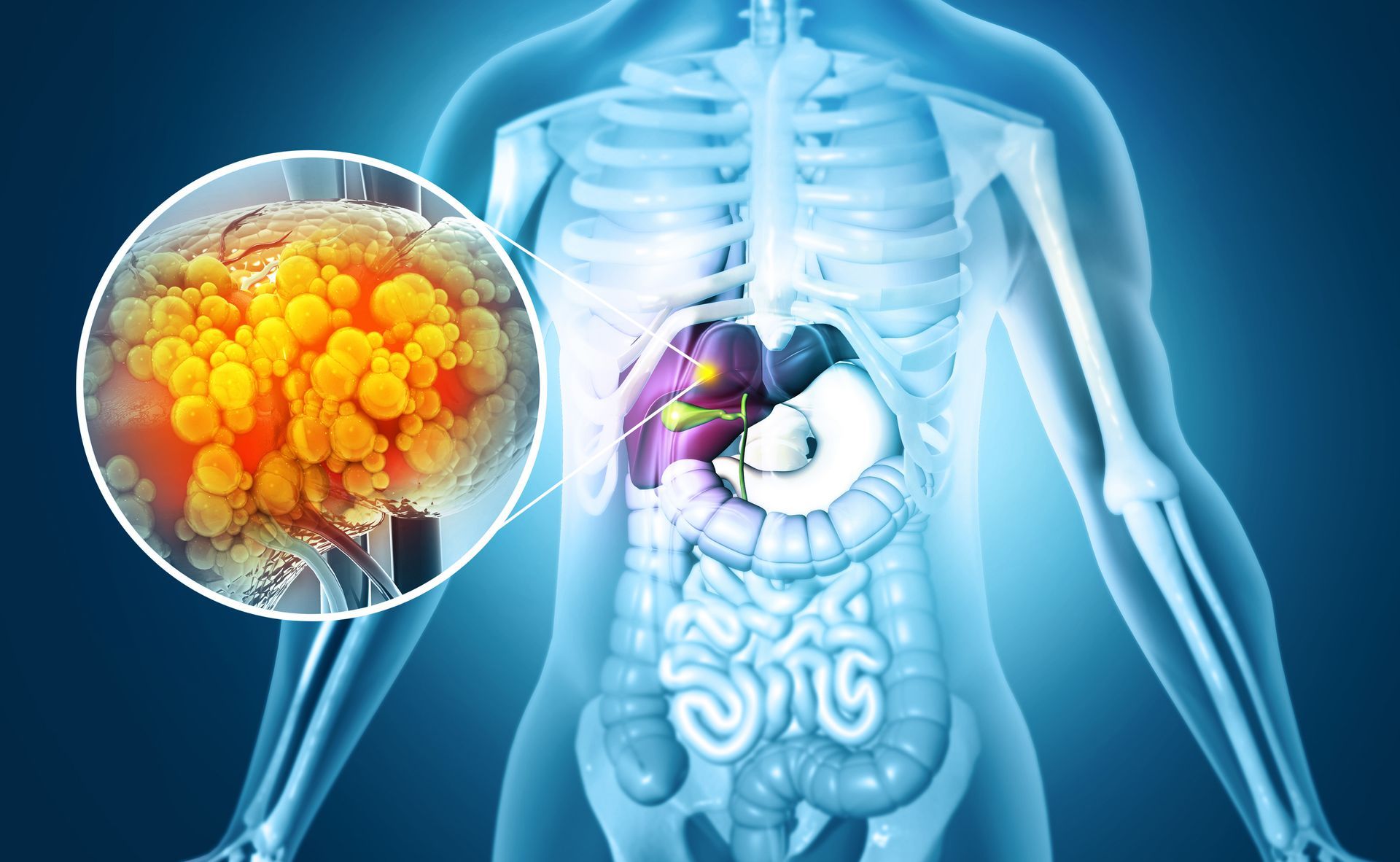Why Stomach Ulcers Develop, and How to Treat Them
Stomach acids serve an important purpose in the digestion of food. Generally, the stomach itself is protected from the effects of these acids by a thick mucus barrier. However, there are some instances in which this barrier may become thinned, allowing the acids to break through and damage the tissues of the stomach lining. This can lead to symptoms such as pain, indigestion, nausea and vomiting, and even weight loss. It is estimated that 1 in 10 Americans will suffer from a stomach ulcer at some point, although many are still unclear on how and why the condition develops. Here are some details to help you gain a better understanding of stomach ulcers, their causes, and the treatment options that can bring relief.
What Causes Stomach Ulcers?
Stomach ulcers, also known as gastric ulcers, may be the source of your discomfort, but how did this ulcer originate? In the vast majority of cases, one of two causes led to the stomach’s thinned mucus barrier and resulting ulcer. The first is an infection from helicobacter pylori , or H. pylori. H. pylori is the most commonly occurring bacterial infection of the stomach, affecting as much as 50 percent of the world’s population. While most will remain asymptomatic, roughly 10 percent will go on to develop ulcers of the stomach or small intestine.
In addition to H. pylori, long-term use of nonsteroidal anti-inflammatories (NSAIDs) such as ibuprofen, aspirin, and naproxen are also major contributors to the development of ulcers. Patients with chronic inflammatory conditions such as arthritis often rely heavily on these drugs, and approximately 10 to 15 percent of them will go on to suffer from peptic (occurring in the stomach or small intestine) ulcers.
Far less frequently, a condition known as Zollinger-Ellison syndrome, which causes an overproduction of gastric acid, may be responsible for the development of peptic ulcers. However, it is only believed to be responsible for less than 1 percent of all cases.
How are Stomach Ulcers Treated?
Successful treatment of stomach ulcers depends on first determining the root cause. If NSAIDs are to blame, a doctor may try prescribing a different medication to treat your condition. If H. pylori is responsible, antibiotics may first be prescribed. Once the source is identified and addressed, it is important to protect the ulcer from further damage, thereby allowing it to heal. This is frequently accomplished by reducing gastric acids with the use of antacids or proton pump inhibitors (PPIs). Over-the-counter medications such as Pepto Bismol to coat and protect the stomach lining may also be useful. In rare cases of chronic, non-healing, or bleeding ulcers, surgical intervention may be needed.
If you are suffering from the symptoms of a stomach ulcer, know that they are often easily treated. Seeking medical attention sooner rather than later can allow your practitioner to identify the underlying cause and rule out any more serious conditions. Furthermore, prompt treatment can lessen the length and severity of your discomfort while preventing the condition from worsening.
Contact Digestive Diseases Center and request an appointment with one of our skilled gastroenterologists today.
CONTACT
850-763-5409
ADDRESSES
4 LOCATIONS
204 E 19th Street, B, Panama City
12216 Panama City Beach Pkwy, D, Panama City Beach
4295 3rd Ave, Marianna
101 Good Morning St., 109B, Port St. Joe
Subscribe to our newsletter:
subscribe to our newsletter
We will get back to you as soon as possible.
Please try again later.



